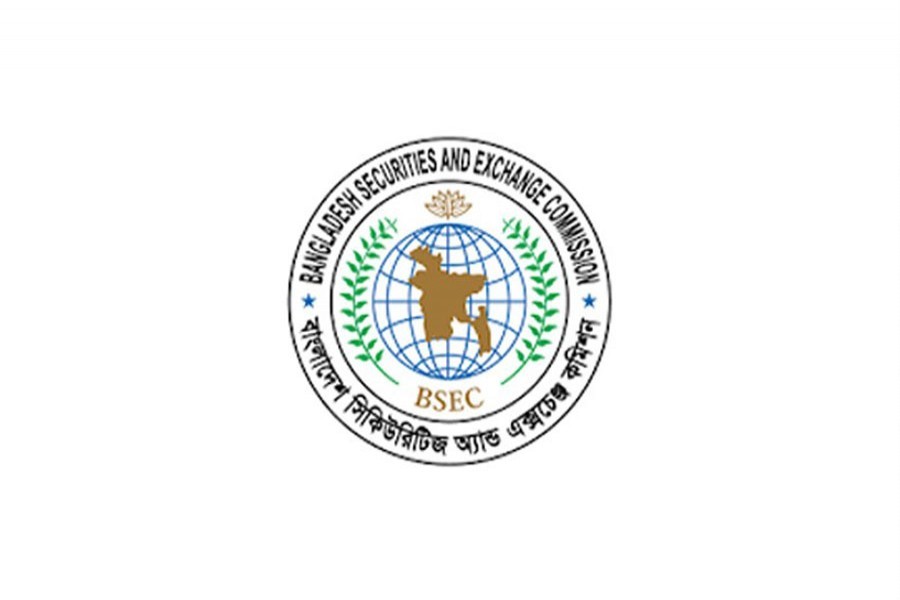The stock market regulator has approved Envoy Textile's proposal to raise Tk 870 million by issuing fully redeemable non-convertible cumulative preference shares.
The approval came at a meeting of the Bangladesh Securities and Exchange Commission (BSEC) held on Thursday at BSEC office chaired by its Chairman Prof. Shibli Rubayat Ul Islam.
The textile maker would raise the said fund through private placement such as institutional investors, banks, financial institutions, insurance companies and eligible investors.
The face value will be Tk 10 per share and coupon rate is 7.0 per cent to 7.5 per cent for five years tenure.
Preference shares are shares of a company's stock with dividends that are paid out to shareholders before common stock dividends are issued.
Most preference shares have a fixed dividend, while common stocks generally do not.
With the funds, Envoy Textiles would implement the blended yarn project and repay bank loans.
Envoy Textiles, presently an "A" category company, was listed on the stock exchanges in 2012.
The company's share price closed at Tk 48.90 each on Thursday, losing 2.42 per cent over the previous day.
At Thursday's meeting, the BSEC also approved an open-ended mutual fund named 'UCB Taqwa Growth Fund, launched by UCB Asset Management.
The initial size of the said fund is Tk 350 million. The sponsor of the fund -- UCB Asset Management -- will contribute Tk 50 million while the remaining Tk 300 million will be collected from general investors through sales of fund units.
The face value of each unit of the fund has been fixed at Tk 10.
UCB Asset Management is acting as asset manager while Sandhani Life Insurance Company and BRAC Bank are acting as the trustee and custodian respectively.
Mutual funds pool money from investors to channel it into securities such as stocks, bonds, and other assets. Open-ended mutual funds are not listed with the stock market but one can buy them from a fund managers' office on the basis of its net asset value.
Similarly, investors can sell off fund units at any time at prices based on its current net asset value.


